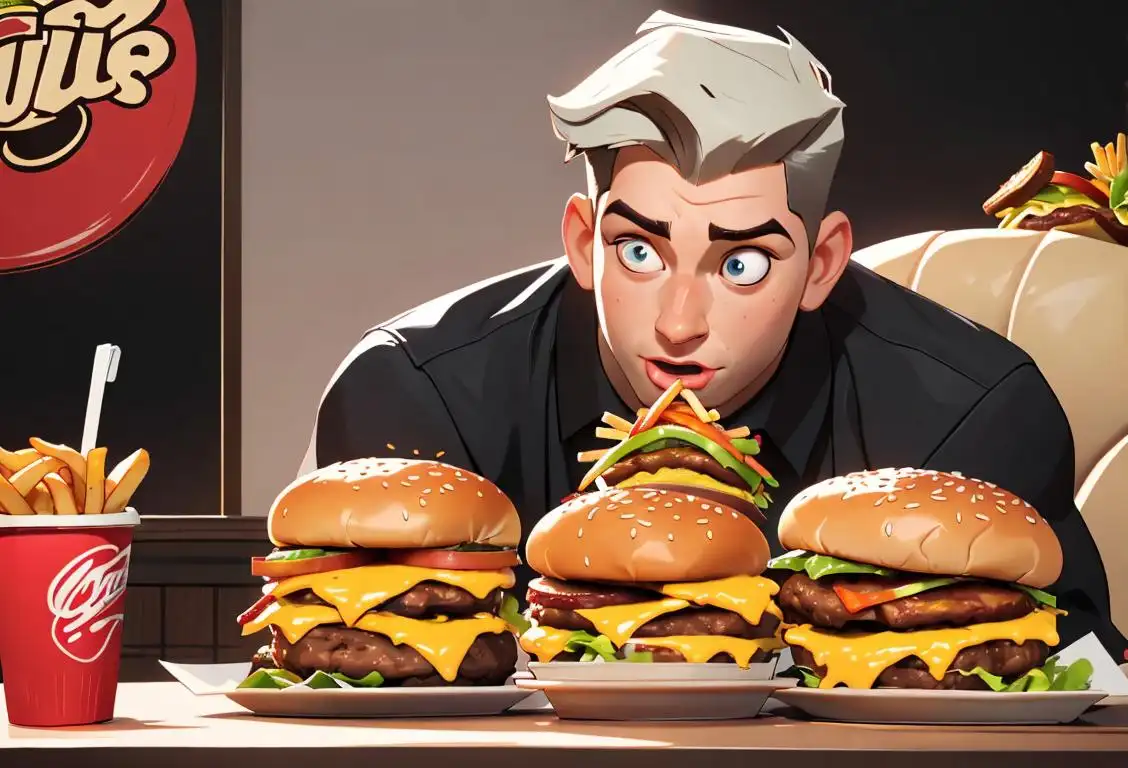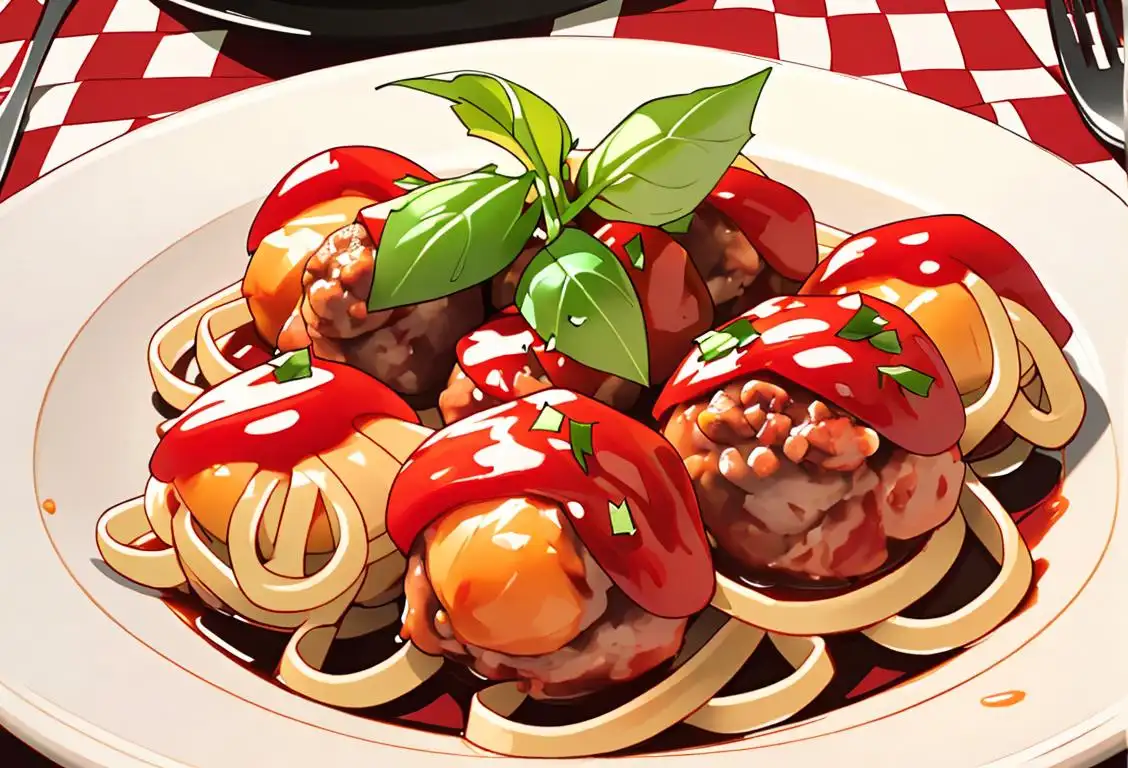National Junk Food Day

If you're feeling peckish then you've picked the perfect day to chomp on your chips or munch your marshmallows because you've landed on National Junk Food Day! Willpower, meet your playful adversary.
When is Junk Food Day?
It's national junk food day on the 21st July.
A Day to Let Loose
The origins of National Junk Food Day are as fluffy as a cloud of cotton candy, but what we do know is that it rolled onto the internet scene with a bang on the 21st of July, 2015. With 21406 mentions on that day alone, it's safe to say that this celebration of calorific treats whipped the online community into a frothy frenzy.
Everyone's Guilty Pleasure
No matter how many rabbit food salads we prepare, there's just something irresistible about junk food. Yes, it's no Michelin Star feast but that's the beauty of it - the greasier, the saltier, the sweeter, the better. National Junk Food Day is all about celebrating these tantalising tastes that hold a special place in our hearts (and perhaps a tiny bit in our arteries).
A Celebration of Balance
But before you go binging like a squirrel hoarding for winter, remember that the aim of the day isn't to induce a food coma. Rather, it's to remind us of balance and indulge responsibly while appreciating the simpler pleasures of life.
Getting Involved
Relishing this day involves nothing more than enjoying your favourite junk food. Grab some pals, pop those pizza rolls into the oven, and let those diet plans take a backseat for just one day, as you revel in the culinary delights of excess.
History behind the term 'Junk Food'
1952
The Birth of Fast Food
The term 'junk food' was first introduced in 1952. It originated from the growing popularity of fast food restaurants in the United States, which offered quick and convenient meals, often high in fat, sugar, and calories. These foods were typically low in nutritional value and were known to contribute to poor health. As a result, the term 'junk food' emerged to describe these less wholesome options.
1962
Cultural Impact
In the 1960s, the term 'junk food' became more widely used and began to have a cultural impact. As the fast food industry continued to grow and expand, so did concerns about the negative health effects of consuming these low-nutrient, highly processed foods. The term 'junk food' became a common way to refer to these types of unhealthy snacks and meals, leading to heightened awareness and discussions surrounding their consumption.
1970
Regulatory Efforts
During the 1970s, there was a growing public outcry against the prevalence of junk food in diets, especially among children. In response, various regulatory efforts were initiated to address the issue of excessive consumption of low-nutrient foods. This included health campaigns, nutritional labeling requirements, and calls for stricter regulations on advertising junk food to children. The term 'junk food' played a crucial role in raising awareness about the need for healthier dietary choices.
1990
Evolution of the Term
As the years passed, the meaning of 'junk food' expanded beyond just fast food and began to encompass a broader range of unhealthy food options. Snacks and processed foods high in sugar, fat, and additives were also commonly referred to as 'junk food.' This evolution in the usage of the term reflected the increasing understanding of the detrimental effects of such foods on health.
Present
Ongoing Debate and Choices
Today, the term 'junk food' continues to be an important part of the dietary discourse. As people become more health-conscious, discussions surrounding the negative impact of excessive consumption of junk food persist. While efforts to promote healthier eating habits and educate the public continue, individuals are also empowered to make informed choices about their diets, understanding the inherent risks associated with consuming too much 'junk food.'
Did you know?
Did you know that potato chips were invented out of spite? In 1853, a diner at a New York restaurant kept complaining his french fries were too thick - so the chef cut them paper-thin in frustration, inadvertently inventing potato chips.Tagged
awareness food fun loved ones rememberanceFirst identified
20th July 2015Most mentioned on
21st July 2015Total mentions
21406Other days
Happiness Day
Bbq Day
First Responders Day
Meatball Day
Trivia Day
Cheese Lovers Day
Biscuit Day
Pumpkin Day
Agriculture Day
Knife Day









